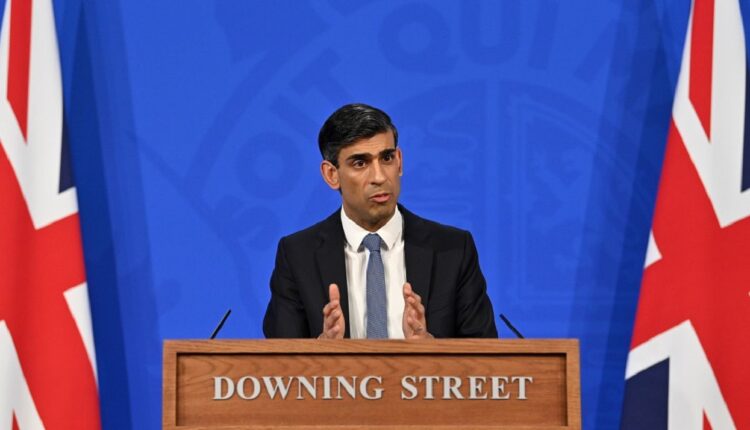UK announces measures to ease inflation
The Minister of Finance of the United Kingdom announced the reduction of tax on fuels and the exemption from VAT for those who install solar panels to alleviate inflation
The UK Finance Minister, Rishi Sunak, announced before Parliament some fiscal measures, including a reduction in social contributions and fuel taxes, to alleviate the effect of rising prices on British consumers.
Sunak indicated that the initial thresholds applied to National Insurance will increase to 12,570 pounds from July, which in practice means a reduction of around 6,000 million pounds of the tax burden on UK workers. It will benefit some 30 million workers with an average saving of about 330 pounds per year.
Likewise, the minister announced the reduction by five pence, from today and during the next twelve months, of the rate applied to fuels, which will mean an impact of some 2,400 million pounds. “Today I can announce that for the second time in 20 years the tax on fuel will be reduced. Not by one, not even by two, but by five pence per litre,” said Sunak, stressing that it is the “biggest cut” in the tax on fuels never announced.
VAT exemption
The minister informed that in response to the increase in energy costs, the 5 % VAT will be abolished for products linked to energy efficiency, including the installation of solar panels. “For the next five years, owners who install materials such as solar panels, heat pumps or insulation will not pay 5 % VAT, they will pay zero.”
In this sense, he has defended that these measures will save around 1,000 pounds in taxes for a family that installs solar panels and more than 300 pounds per year in the annual energy bill.
On the other hand, the head of the British Treasury has presented the latest forecasts of the Office for Budget Responsibility (OBR), which has lowered its GDP growth forecast for the United Kingdom to 3.8 % from 6 % for this year as a consequence of the impact of the war in Ukraine and the sanctions against Russia on the evolution of inflation.
Likewise, the OBR forecasts that the GDP of the second largest European economy will grow by 1.8 % in 2023 and 2.1 % in 2024, while for the following year it trusts an expansion of 1.8%, which would remain stable at 1.7 % for the following three years.
Source: dpa


